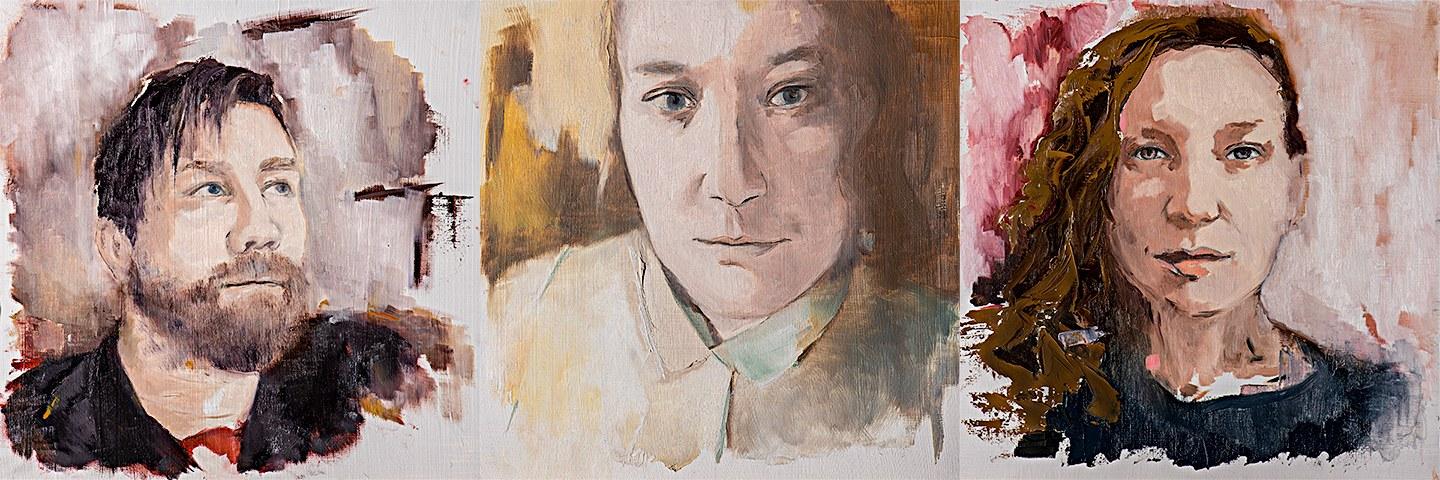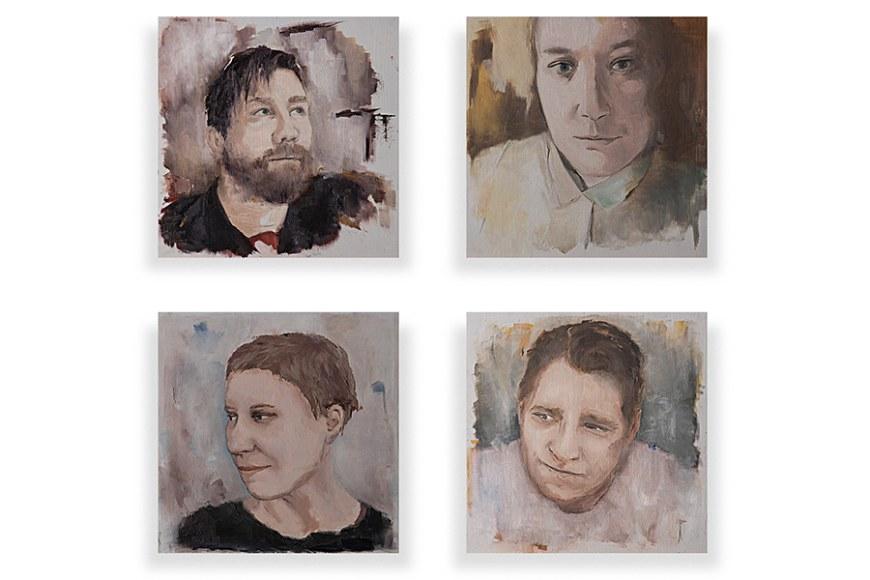
PIRSSI supports higher education students’ employment in the fragmented labour market.
The PIRSSI project improves the employment potential of students in higher education, especially in labour markets that involve a high degree of fragmentation and atypical employment relationships.
PIRSSI is a joint venture of several degree programmes at the Tampere Universities. From the Tampere University of Applied Sciences (TAMK), the fields of media, music, fine art and construction architecture are included, while Tampere University (TAU) is represented by architecture, journalism, translation and interpreting studies, along with theatre arts. In addition, the expert network involved in the project includes such organisations as the public employment and business services (TE services), the Finnish Tax Administration, trade unions, invoicing and light entrepreneur service providers, and recruitment companies.
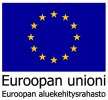
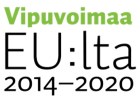
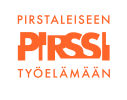
Background
In addition to salaried employment and entrepreneurship, different forms of self-employment have emerged in the job market, such as freelance work, working on grants and commissions. These forms of work lie between employment and entrepreneurship. For a university student transitioning to working life, this kind of self-employment may be an opportunity.
When self-employed, it is, however, important that the person has a broad understanding of working life practices, so as not to compromise the fundaments of their personal economy or disrupt the developed practices of a professional field in terms of, for example, pricing their labour. Another challenge is that the self-employed are potentially left outside benefits related to employment relationships, such as some forms of social security. The PIRSSI project helps clarify students’ comprehensive view of the fragmented working life and reinforce their professional identity.
Goal
As an outcome of the project, a cooperation model will be created for the collaboration of higher education institutions and labour market operators. Based on this cooperation model, a teaching module will also be developed to serve various fields of study. Furthermore, the project promotes and maintains public discussion on new forms of employment, their opportunities and challenges.
PIRSSI also addresses the challenge of reflecting the changing labour market realities in tuition. Internships included in degree programmes have traditionally been based on the model of continuous employment at a certain place of work. However, this is not a sufficient model for all fields in working life any more. In response to this situation, a new kind of teaching module will be developed within the PIRSSI project, consisting of a shared core and tailored working life projects for each field.
Impact
Based on actual labour-market realities, existing labour legislation and best practices of the industries involved, the cooperation model and teaching module designed in the PIRSSI project will be applicable to other Finnish higher education institutes.
Funding source
Euroopan unioni, Euroopan sosiaalirahasto, Kestävää kasvua ja työtä 2014 - 2020
Keski-Suomen elinkeino-, liikenne- ja ympäristökeskus
Contact persons
Antti Haapio
Senior Lecturer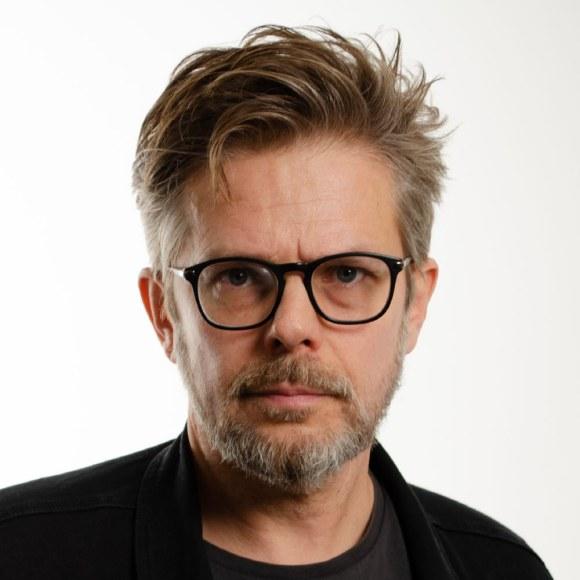 Antti Haapio
Antti Haapio